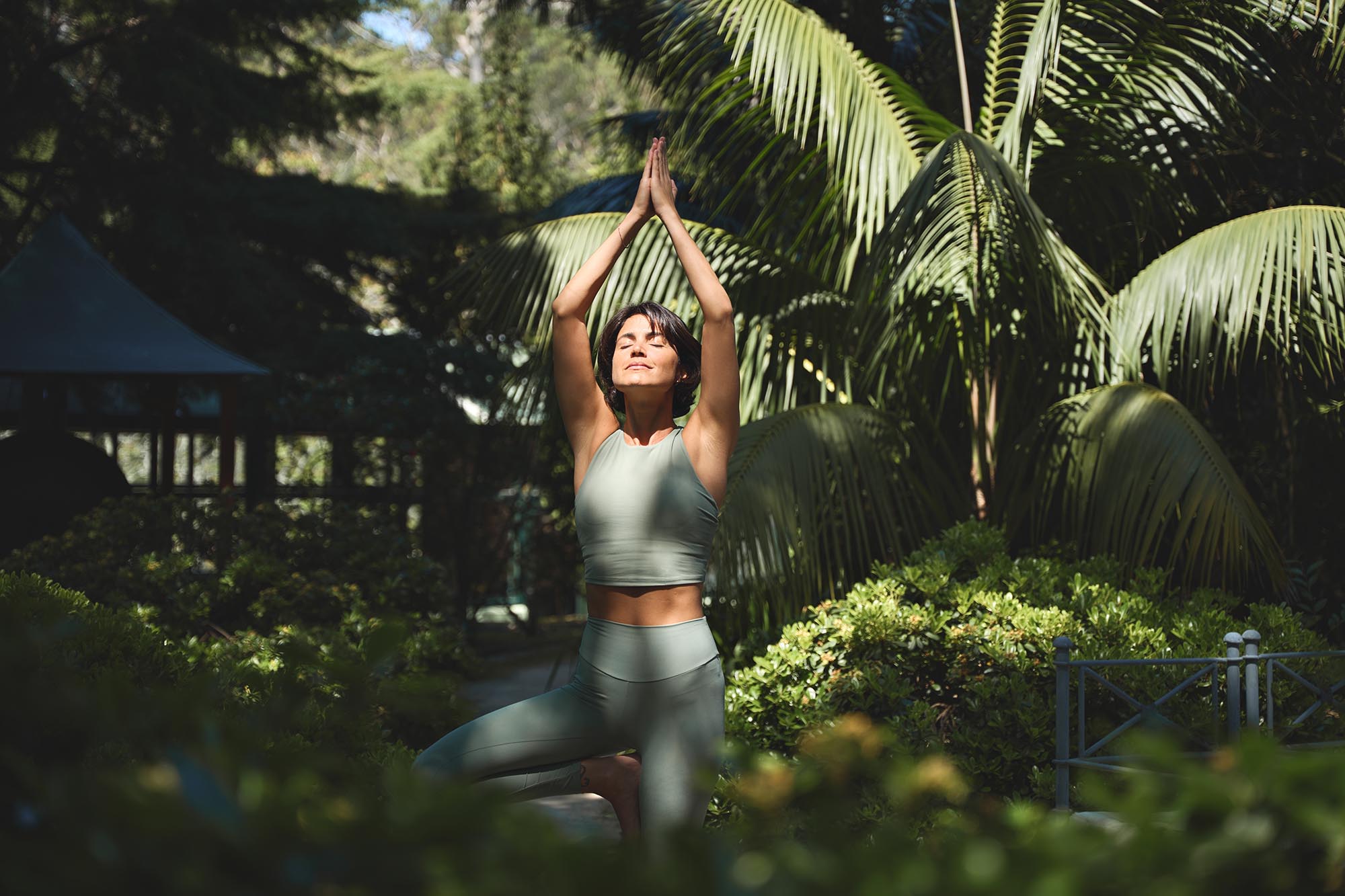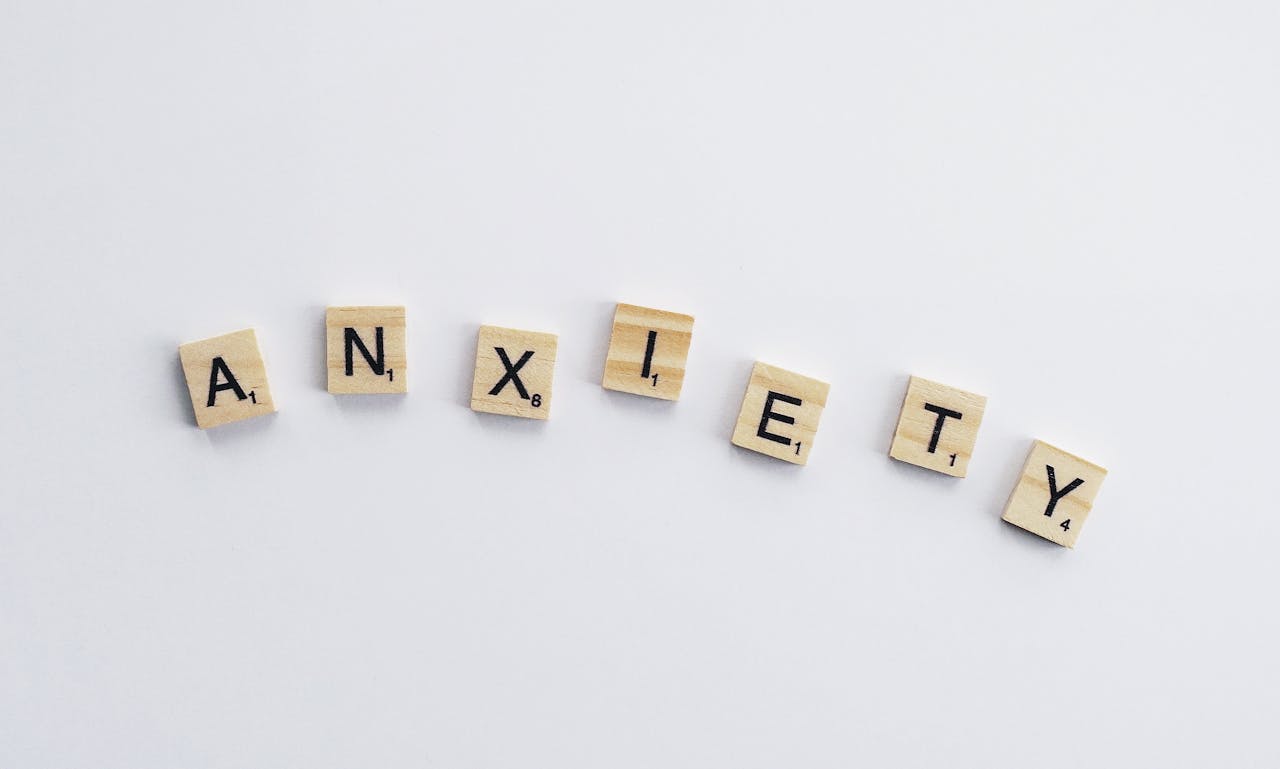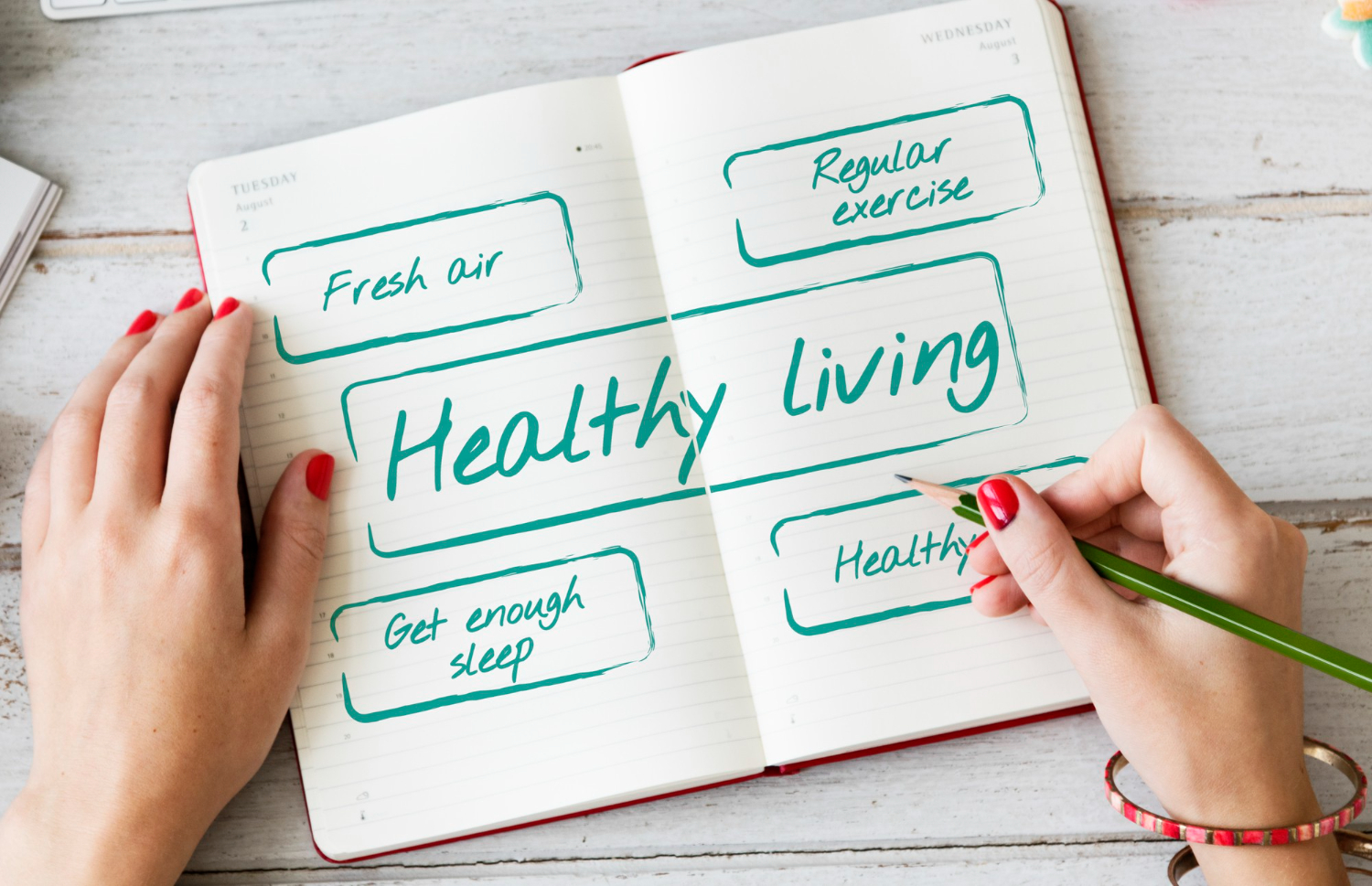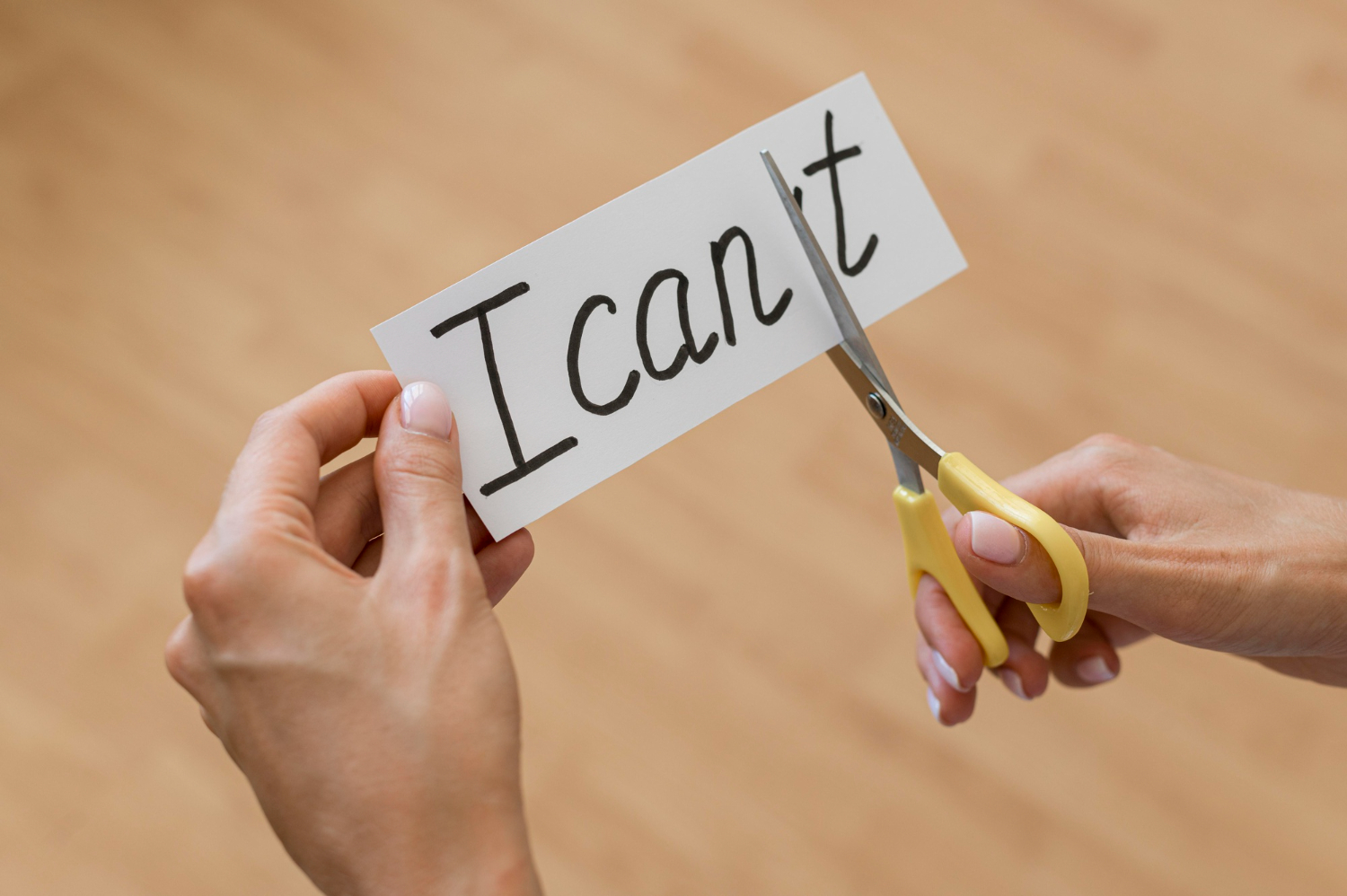10 Gratitude Hacks: Simple Daily Practices for a Happier Life

Sometimes, I catch myself moving through life on autopilot — ticking boxes, answering emails, and chasing the next thing. Then I realised how much I was missing. The small wins. The simple joys I used to overlook— the very things that bring a sense of contentment. That’s when I discovered that gratitude isn’t about pretending life is perfect — it’s about noticing that, even in the middle of chaos, there’s still something good. It became my gentle reset. A daily reminder to breathe and see what’s already here, because noticing the good is often the key to happiness.
I’d like to share with you the simple practices that helped me—and many of my clients—find that calm amidst the noise and build a more positive life. These are 10 easy, heartfelt gratitude hacks to bring a little more light into your day.
What is Gratitude?
Gratitude is noticing the good in your life and appreciating it. It’s both a feeling of thankfulness and a simple practice you can choose every day. More than just saying “thanks,” gratitude is also recognising what makes life worth living.
In my work with clients, I often describe gratitude as a gentle shift in perspective. It’s not about pretending everything is perfect. Instead, it’s learning to pause and see what’s already supporting you — a kind word, a warm cup of tea, the fact that you made it through a tough day.
There’s a difference between a quick “thank you” said out of habit, and a deeper sense of gratitude that stays with you. One fades fast. The other builds a mindset where you naturally see more of what’s working, even when life feels messy. That’s the kind of gratitude we’re talking about here — real, grounded, and lasting.
The Importance of Gratitude in Modern Life
In today’s fast-moving world, it’s easy to get caught up in what’s missing or what’s next. Gratitude helps to slow that rush. It gently brings your focus back to what’s present and good, right here, right now.
Research shows that practising gratitude can improve your mental wellbeing, helping to ease anxiety and lift low moods. It strengthens your resilience, so you’re better equipped to handle life’s ups and downs. It also deepens your relationships, because when you appreciate others, connections grow stronger.
Science backs this up — people who regularly practise gratitude often sleep better, feel less stressed, and enjoy a greater sense of calm. It’s a simple habit with powerful effects.
Gratitude is a form of mindfulness. It invites you to pause, breathe, and truly see the moments that matter. You don’t need a perfect day to feel grateful. Sometimes, it’s enough to notice the sunlight through the window or a message from a friend. These small recognitions can gently shift how you experience your life.
10 Simple Ways to Practice Gratitude
Gratitude doesn’t need to be complicated. It’s about small, daily actions that gently shift how you see the world. Let’s start with four simple practices that can bring more calm, clarity, and joy into your life.
1. Start a “One Line a Day” Gratitude Journal
Writing down one thing you’re grateful for each day in a gratitude journal helps you focus on the positive aspects of life. It’s quick, easy, and trains your mind to notice what’s going well. You don’t need pages of thoughts — just a single, honest line.
I often suggest this to clients who feel too busy or overwhelmed. It could be as simple as “I’m grateful for a quiet morning.” Over time, these small notes build a powerful reminder that good things do exist.
2. The Power to Pause: Take 30 Seconds to Notice What’s Good
A “power pause” is stopping for half a minute to notice something positive around you. It could be the warmth of your tea, the sound of birds, or even a deep breath. This simple act helps break the cycle of stress and brings you back to the present moment.
Life moves fast, and our minds often focus on problems. But when you pause — just for 30 seconds — you create space to reset.
3. Say Thank You—And Mean It
Saying “thank you” with intention deepens both your relationships and your sense of gratitude. It’s more than polite words — it’s about truly recognising when someone has made a difference, no matter how small.
Genuine appreciation connects us, and those little moments of kindness stay with you far longer than you’d expect.
4. Take a Walk: Let Nature Remind You of Life’s Gifts
Walking outside is a natural way to reconnect with gratitude. Fresh air, changing skies, the feel of the ground beneath your feet — these are quiet reminders that there’s beauty around us, even when our minds feel crowded.
Let nature slow you down. These small observations can shift your focus from worries to wonder, if only for a few moments. And sometimes, that’s exactly what we need.
5. Find the Lesson in Challenges
Gratitude can help you grow through difficult times. Looking for the lesson in a challenge shifts your focus from “Why me?” to “What did this teach me?” This simple mindset change can build strength and resilience.
I won’t pretend it’s always easy. When life feels heavy, gratitude might be the last thing on your mind. But with gentle practice, you can start to see how certain struggles brought unexpected growth — perhaps patience, understanding, or a deeper connection with others.
6. Create a Visual Gratitude Board
A visual gratitude board is a simple way to keep reminders of what makes you happy right where you can see them. It could be photos, quotes, or small notes that reflect the people, moments, and things you appreciate.
On tough days, glancing at your board can gently remind you of the good that’s already in your life — and sometimes, that’s enough to shift your whole mood.
7. Brighten Someone’s Day in 2 Minutes
Sending a quick message of appreciation can lift both your spirits and theirs. A short text, note, or email saying “I’m grateful for you” goes a long way. It’s a simple act of kindness that strengthens relationships and encourages positive feelings.
I often suggest this to clients who feel disconnected or low. Think of someone who made you smile recently, helped you, or has just been there. Let them know. These small moments of connection remind us that gratitude is something we can share, and it often comes back to us in ways we don’t expect.
8. Savour the Little Pleasures—Fully and Consciously
Sometimes, we move so quickly that we miss the little things that make life sweet. Savouring is simply about slowing down and giving your full attention to those small moments that quietly bring joy. It’s a gentle way to remind yourself that happiness is often already here.
When you savour consciously, you train your mind to hold onto positive experiences a little longer, and that can gently lift your mood throughout the day.
9. Reflect on What You’d Miss
Thinking about what you’d miss if it were gone is a powerful way to spark gratitude. It shifts your focus to the everyday things you often take for granted. This reflection helps you realise how much there is to appreciate right now.
It could be as simple as imagining a day without your morning walk, a chat with a friend, or even the comfort of your home. I’ve guided many clients through this gentle exercise, and they’re often surprised by how much it opens their eyes. When you reflect in this way, you start to see ordinary parts of your life as blessings.
10. Make Gratitude a Ritual, Not a Chore
Gratitude should feel like a gift to yourself, not another task on your list. Turning it into a simple daily ritual helps it become part of your life naturally.
I always encourage clients to find a rhythm that suits them. It could be thinking of one thing you’re grateful for before getting out of bed, or sharing a positive moment. The key is to keep it light and personal — something you look forward to, not something you “have to do.” When gratitude becomes a gentle habit, it starts to shape how you see the world — with more calm, more kindness, and a little more joy.
Choose Gratitude, Choose Joy (One Small Step at a Time)
Gratitude is about noticing the good in the life you already have. It starts with one small step, like taking a simple pause or saying a quiet ‘thank you’.
I’ve seen how these small practices can shift a mindset — for myself and for many I’ve supported. You don’t need to do all ten gratitude hacks today. Just pick one that feels right for you. Let it be easy, let it be honest. Over time, you’ll find that gratitude doesn’t just change how you see your day — it changes how you feel within it.
If you’d like personalised support on your journey towards a more mindful and fulfilling life, I invite you to explore my life coaching programme.
Frequently Asked Questions About Practising Gratitude
1. What are the 3 different types of gratitude?
Gratitude can be personal, towards things in your life; interpersonal, where you thank others; and reflective, where you appreciate experiences or lessons learned.
2. How can I show gratitude in daily life?
You can express gratitude by saying a sincere thank you, writing a short note, or simply acknowledging someone’s effort.
3. How do you use the word gratitude in a sentence?
Here’s a simple example: “I felt a deep sense of gratitude for the support I received during a difficult time.” It’s used to show appreciation for something meaningful.
4. Why does everyone say gratitude is good for you?
Because it helps, taking time to notice what’s going well lifts your mood and eases stress. It’s a small habit that can make handling life’s challenges feel a little lighter.
5. What’s an easy way to start being more grateful?
Just pause once a day and think of one thing you’re glad to have — no need to write essays or be perfect. It could be your morning coffee or a message from a friend. Start small, and let it grow naturally.
- September 2025
- August 2025
- July 2025
- June 2025
- May 2025
- April 2025
- March 2025
- February 2025
- January 2025
- December 2024
- November 2024
- October 2024
- September 2024
- August 2024
- July 2024
- June 2024
- May 2024
- December 2023
- November 2023
- August 2023
- July 2023
- June 2023
- May 2023
- April 2023
- March 2023
- February 2023
- January 2023
- December 2022
- November 2022
- October 2022
- September 2022
- August 2022
- July 2022
- June 2022
- May 2022
- April 2022
- March 2022
- February 2022
- January 2022
- December 2021
- November 2021
- October 2021
- September 2021
- August 2021
- July 2021
- June 2021
- May 2021
- April 2021
- March 2020
- February 2020
- January 2020
- December 2019
- November 2019
- October 2019
- September 2019
- August 2019
- July 2019
- June 2019
- May 2019
- April 2019
- March 2019
- February 2019
- January 2019
- December 2018
- November 2018
- October 2018
- September 2018
- August 2018
- July 2015
- May 2014











